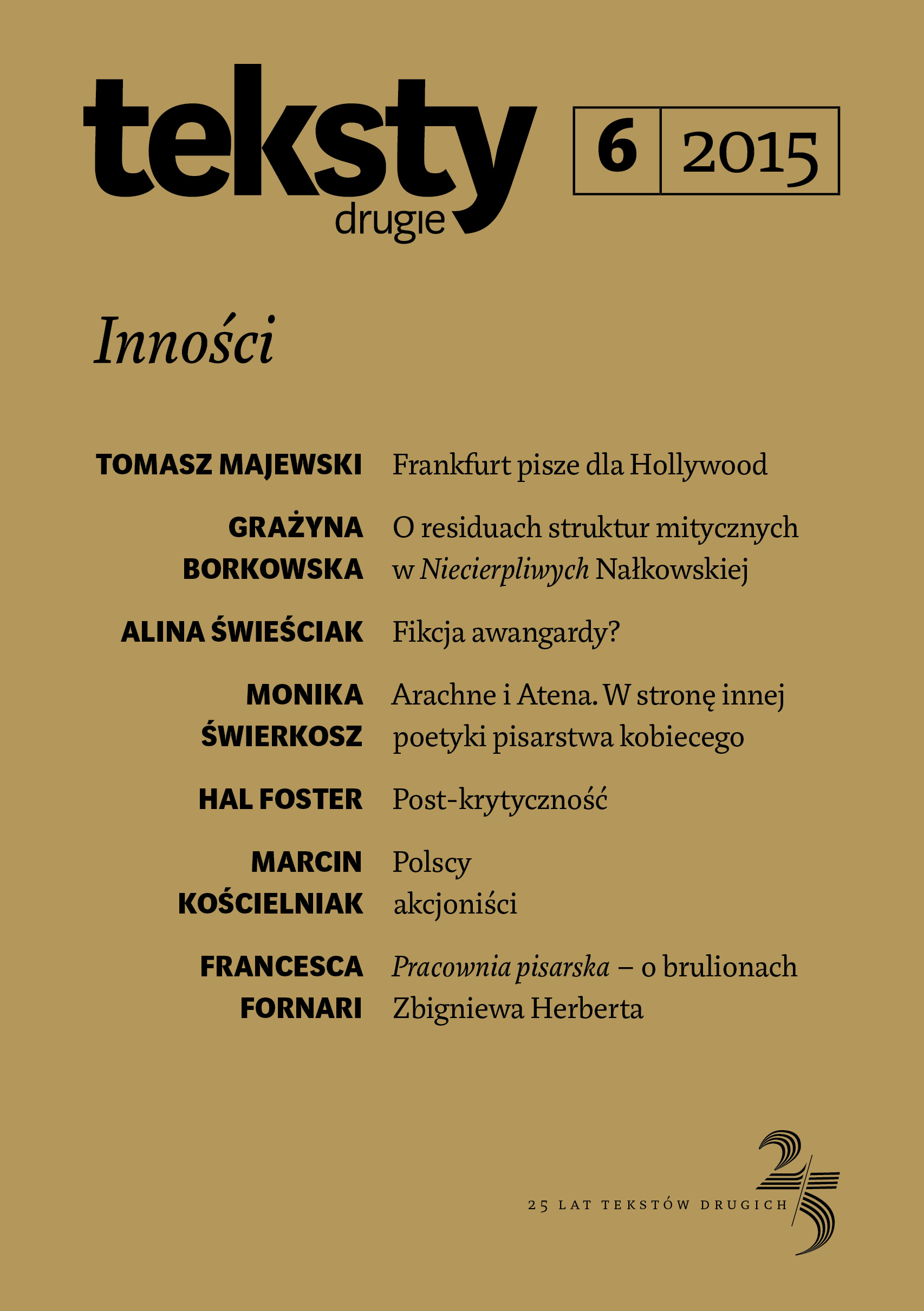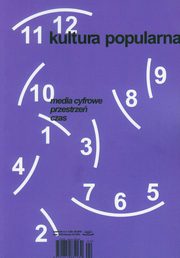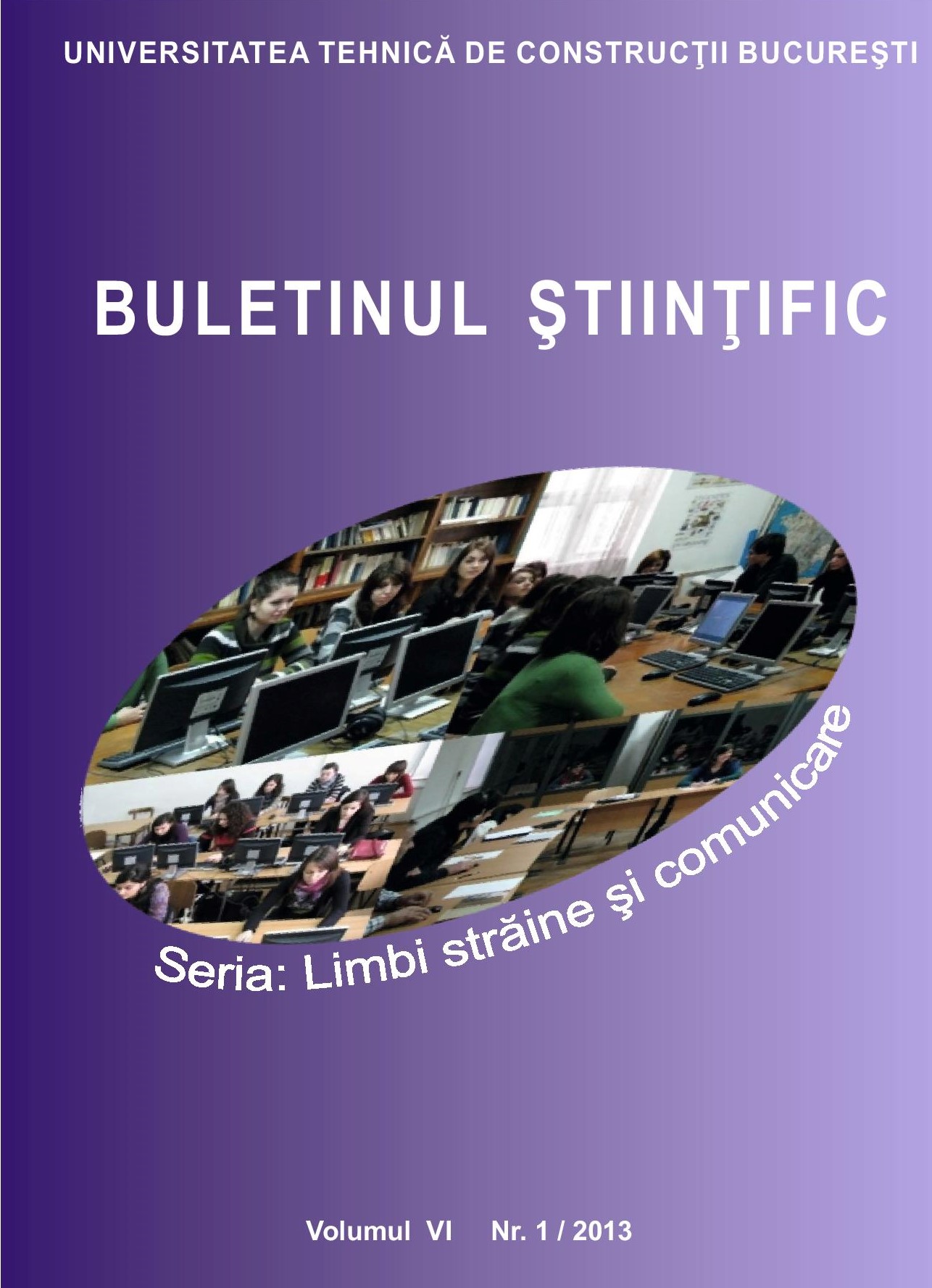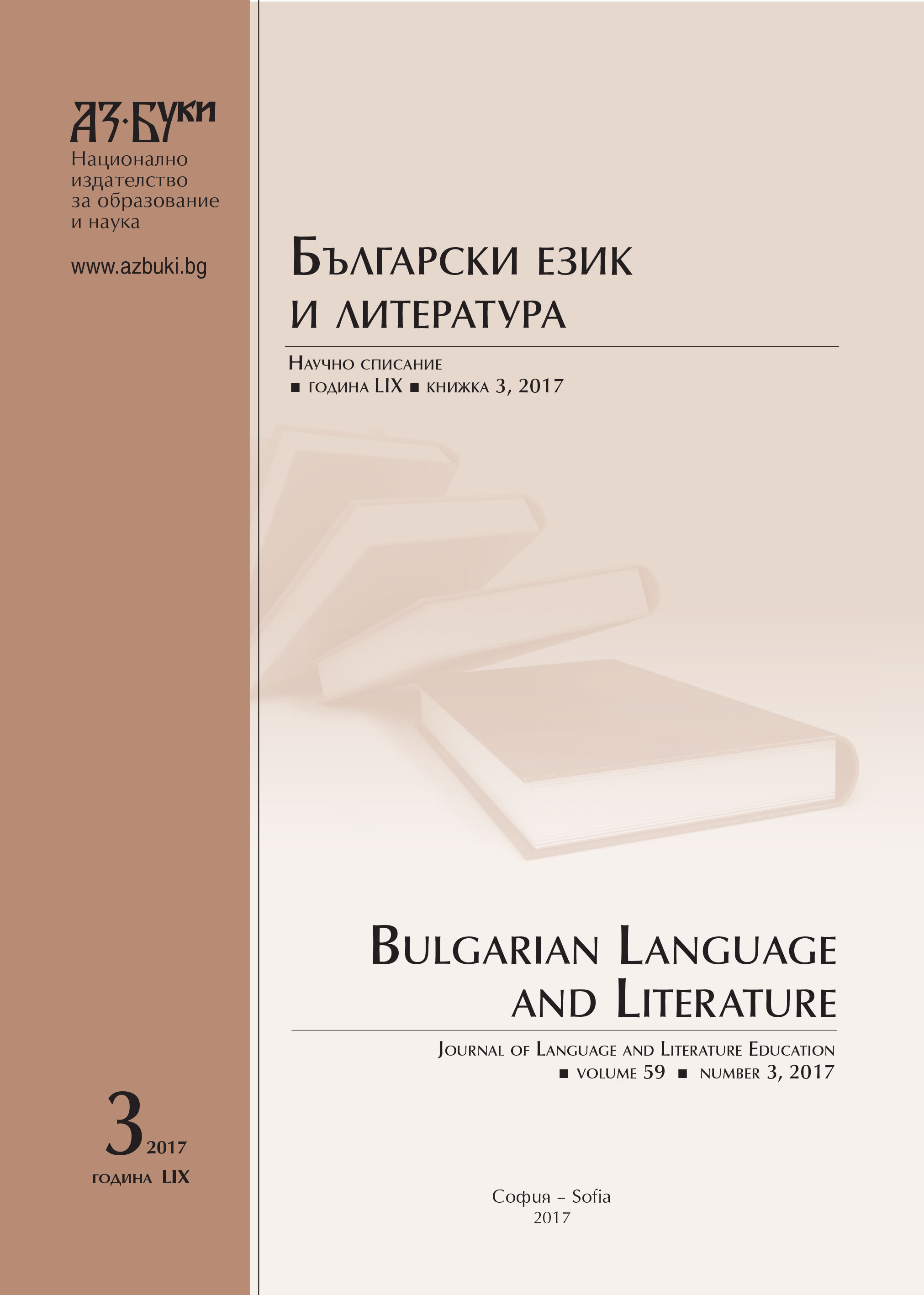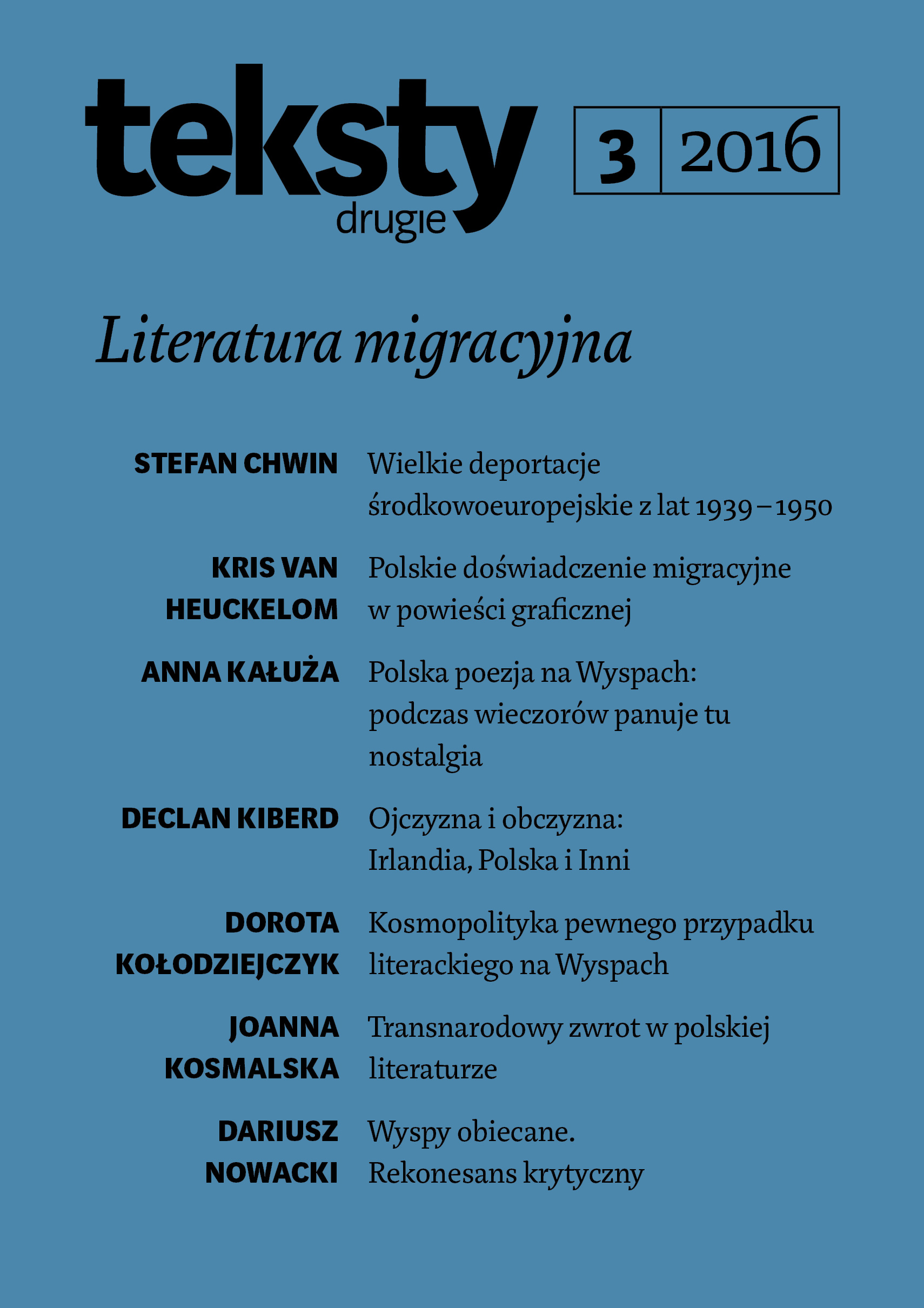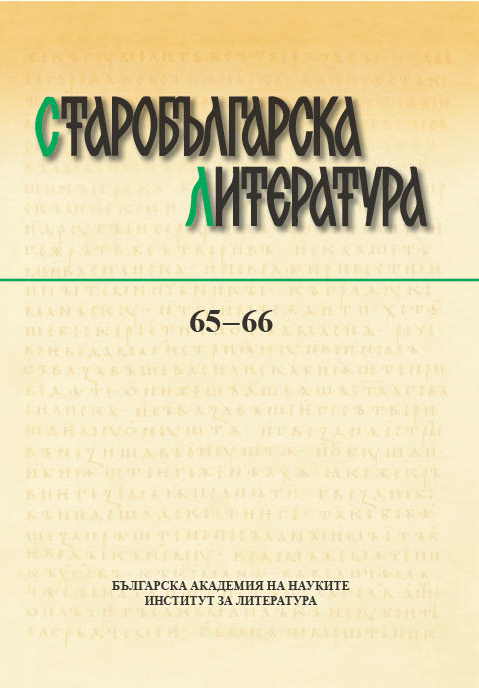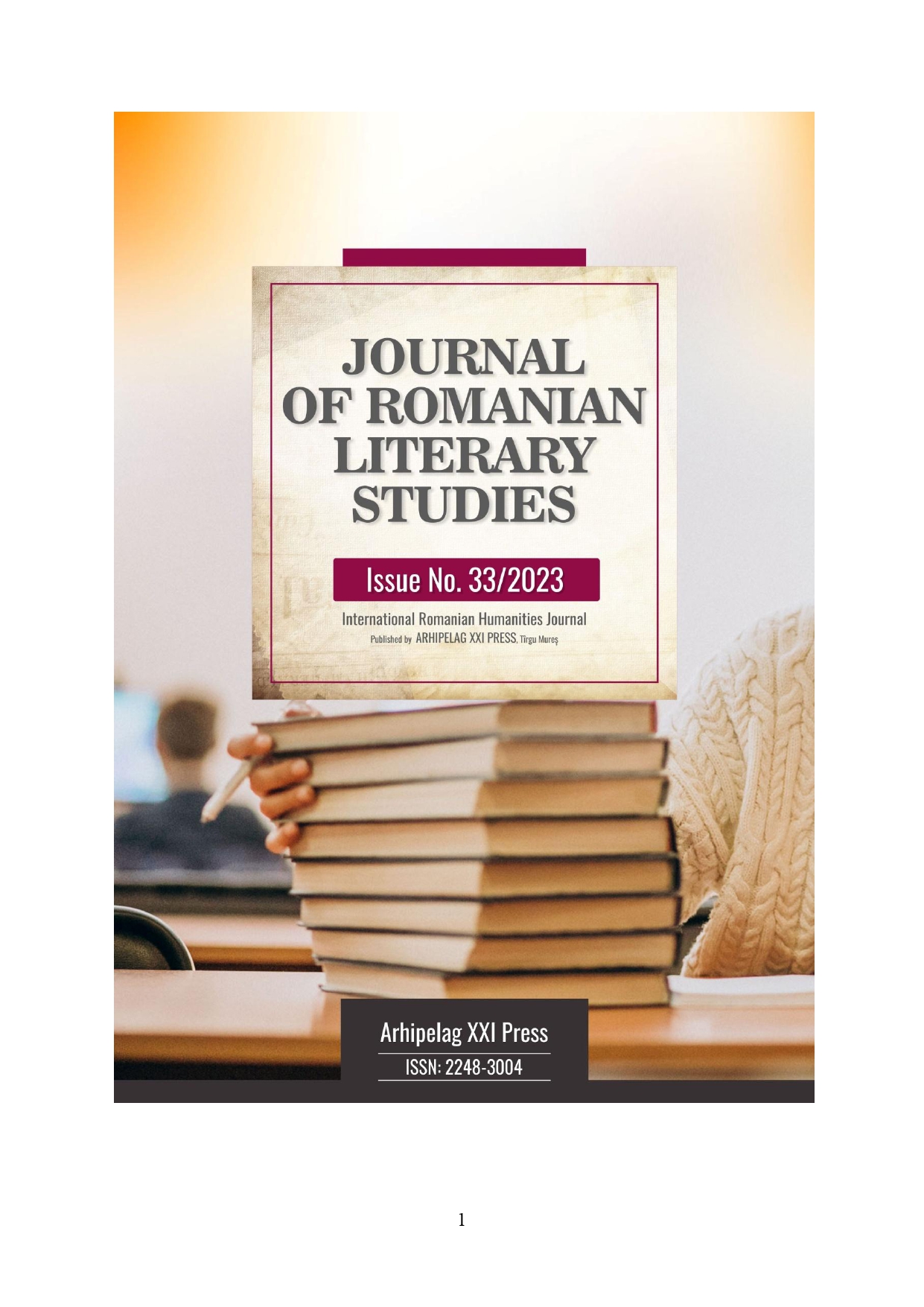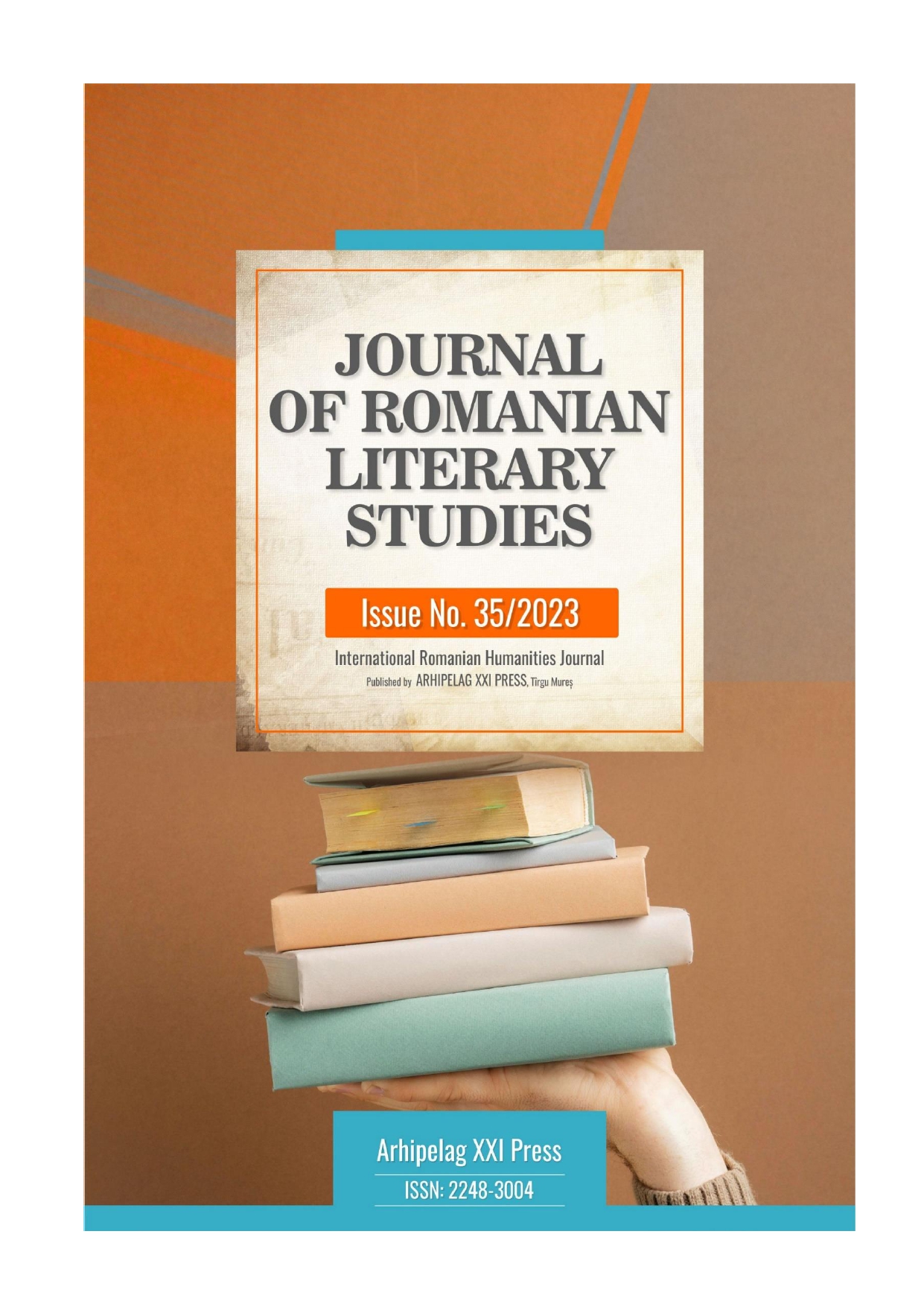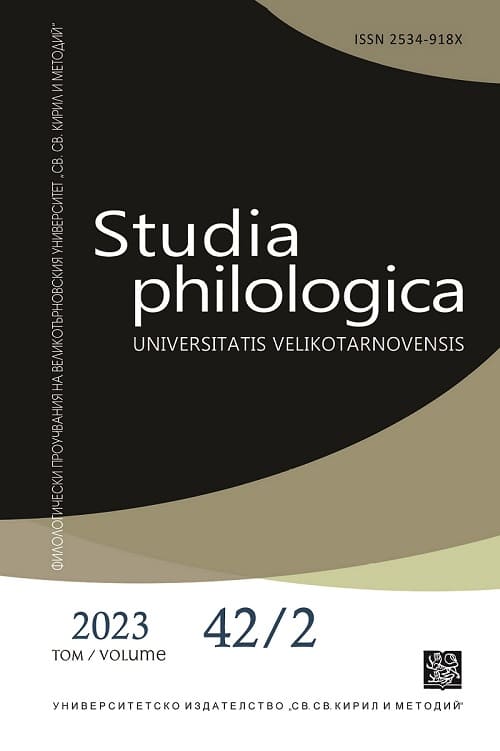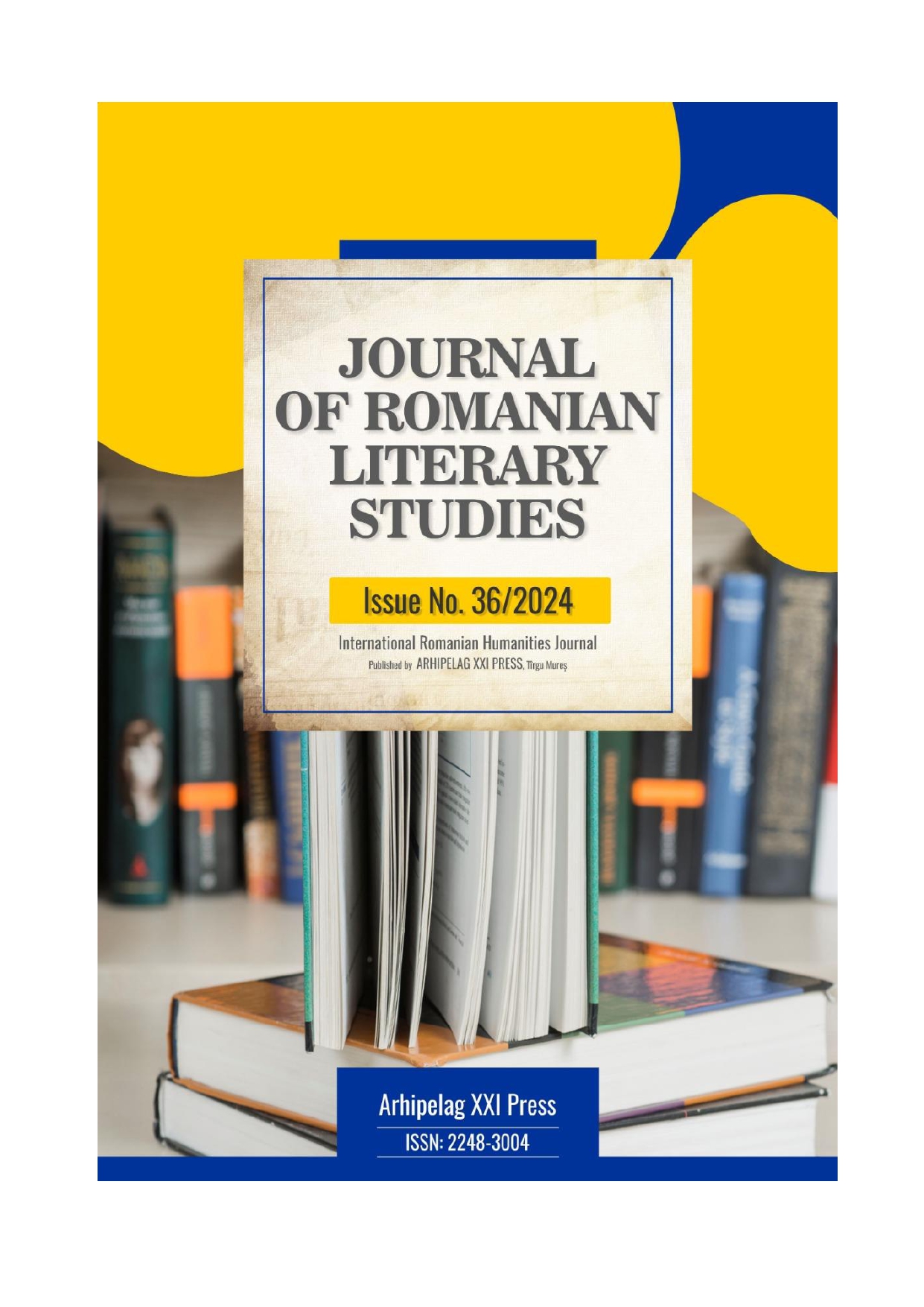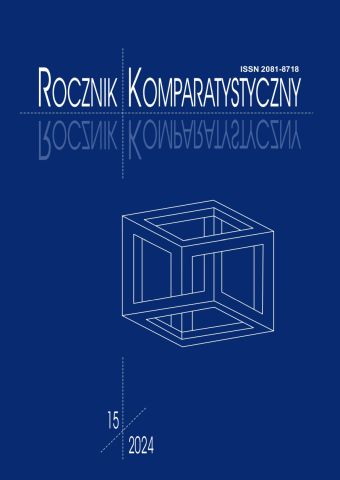Author(s): Paul-Cristian Albu / Language(s): French
Issue: 40/2025
François Mauriac, a deeply Christian writer, explores the complexities of love in his works, portraying it not just as a human emotion, but as a force tied to suffering, illusions, and, ultimately, spiritual redemption. For Mauriac, love is always entangled with the human condition and the fall from grace. In his novels, characters are often torn between earthly desires and the pursuit of divine love that can purify the soul. In François Mauriac şi fiinţa căzută în căutarea iubirii - Pentru o hermeneutică teologică a operei mauriaciene, Maria Otilia Oprea provides a theological interpretation of Mauriac's works, focusing on the interplay between human and divine love. Oprea highlights how Mauriac's characters, such as those in Thérèse Desqueyroux and Noeud de vipères, embody this search for love, marked by illusions but ultimately leading to spiritual awakening and redemption. Oprea argues that for Mauriac, love is both a source of torment and healing, and through embracing divine love, the characters find redemption and reconciliation, not just with others, but with God. Oprea’s analysis presents Mauriac's work as a reflection on the Christian concept of the fall and redemption, with human love, when disconnected from divine grace, leading to suffering. However, through accepting divine love, Mauriac’s characters experience spiritual renewal. This duality between human and divine love forms the core of Mauriac’s literary exploration of the human soul's journey toward redemption. By engaging with Oprea’s theological perspective, this study aims to deepen the understanding of Mauriac’s work, showing how love, for Mauriac, is not simply a worldly pursuit, but a spiritual journey—one that leads to redemption through divine love. Through this lens, Mauriac’s literature takes on a profound spiritual dimension that Oprea’s hermeneutic approach helps to unravel.
More...
